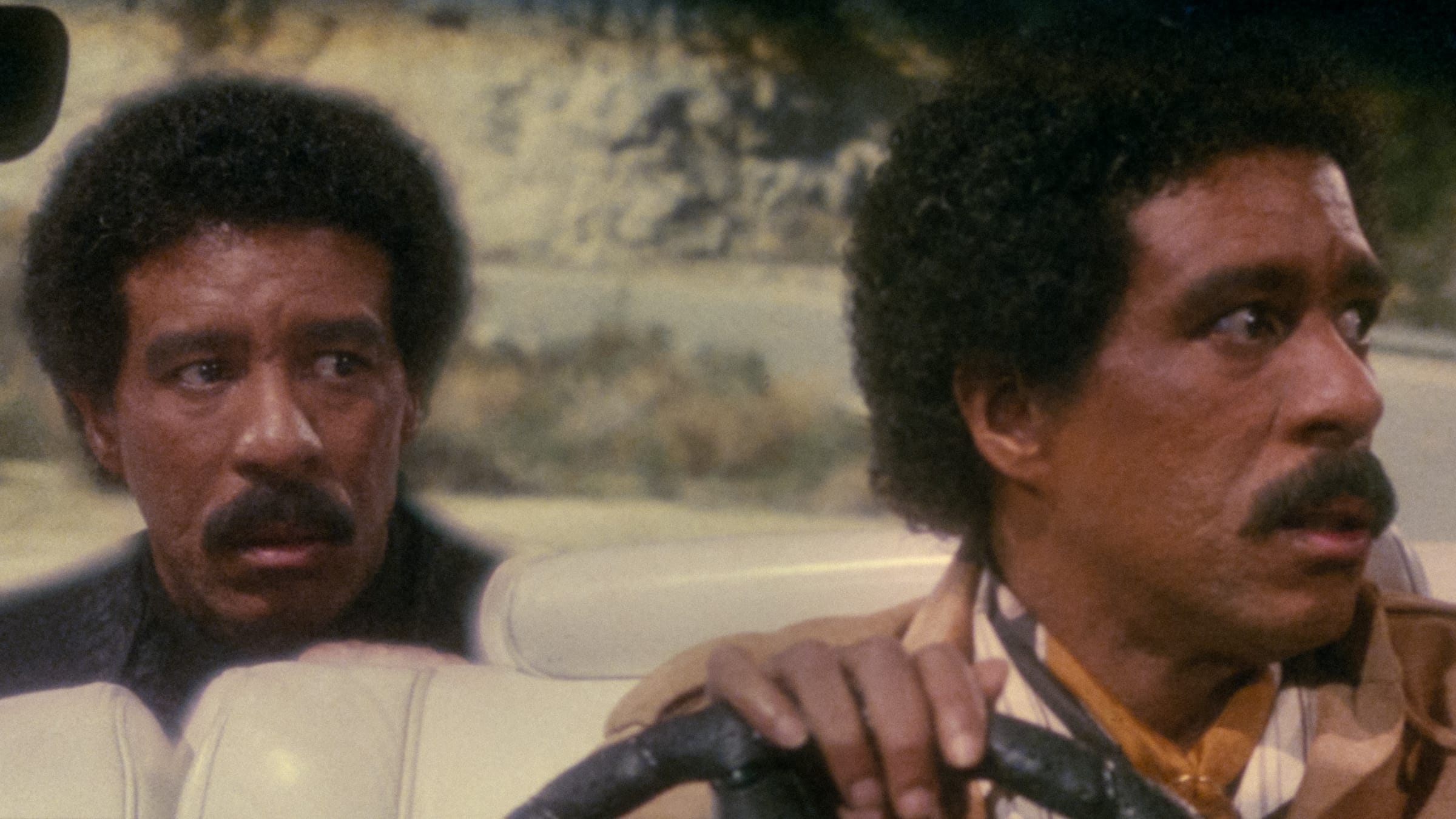(ThyBlackMan.com) Are you aware of just how dangerous drowsy driving is? If you’ve ever driven after getting just a couple hours of rest 24 hours, then you drove while fatigued and endangered everyone around you.
Don’t feel too badly because this problem is more prevalent than you’d think. Every 30 days, 4% of drivers fall asleep while driving. This shows that drowsy driving can happen to anyone, especially if you live a busy lifestyle.
One question that often arises regarding drowsy driving is if it’s as impactful and dangerous as driving drunk. Fatigue and intoxication have similar effects on your driving skills, so this is a reasonable concern to have.
To answer this question and encourage you to avoid drowsy driving, we’ll explain a few critical factors of fatigued driving below.
Slow Reaction Times
Driving while drowsy will inevitably lead to slow reaction times.
When you’re well-rested and attentive, driving typically comes naturally. When you’re drowsy, these same tasks become much harder to execute.
Many split-second decisions need to be made while driving. For example, you may need to rapidly brake to stop at a green light that has suddenly shifted to yellow.
Other times, you might have to swerve because a car in the lane next to you starts merging into your lane without notching. If you’re fatigued in either scenario, then you won’t be able to react quickly enough to avoid hitting the other car.
No matter what the exact situation, you always need to be alert and awake to drive safely. It becomes incredibly difficult to drive defensively when you’re sleep-deprived and drowsy driving leads to a higher probability of getting into a car crash.
Poor Judgment
Drowsy driving also causes poor judgment behind the wheel. Since your mind isn’t as sharp when you are sleep-deprived, your ability to drive safely is negatively impacted.
Drowsy driving leads to cognitive impairment, which results in poor decision-making skills and a lack of proper judgment abilities. When you act with poor judgment, you directly increase your risk of harm.
Accidents are more likely to take place when your judgment skills are significantly impaired. A good example of this is incorrectly thinking that there’s enough space for you to merge in front of another car and hitting them as a result.
It may not seem like it, but there are dozens of judgment calls you must make every time that you drive. If you’re fatigued, then this means that you’re always making bad calls and directly increasing the chances of an accident.
Fatigue Isn’t Always Obvious
It’s important to note that fatigue isn’t always obvious. In other words, it’s hard to predict if you’re well-rested enough to drive until you’re already operating a vehicle.
One of the last things you should do is to get behind the wheel if there’s any chance that you’re too sleep-deprived to drive safely. There are a few warning signs to look out for before you start the car and run the risk of driving while drowsy.
One of the biggest indicators that you’re too tired to drive is if you’re blinking slowly or your eyelids feel heavier than usual. This is a sign that your eyes are strained and struggling to stay open.
An inability to focus for prolonged periods goes hand-in-hand with blinking a lot, too. Instead of giving the road your full attention, you’ll often find yourself drifting off into a state of daydreaming, which draws your attention away from driving even more.
Many people will also experience brain fog if they drive on inadequate sleep. You’ll notice this if you realize that you are frequently spacing out, which is a sign that you’re too exhausted to drive.
Another sign is that you cannot follow or remember directions. As one of the clearest signs of being overly exhausted, difficulty following directions is indicated by taking the wrong exit or forgetting which exit to take in the first place.
This ties into having trouble with your short-term memory. Fatigue destroys your memory, which is an important skill to have while driving. You need to be able to remember the situation of the road and where other cars are located.
Take this into consideration and consciously check yourself for signs of fatigue before driving.
A Few Hours Make a Big Difference
While it may seem minor, even a few hours of lost sleep can have a big impact on your driving skills. Losing at least two hours of sleep significantly spikes your chances of getting into a car accident.
This is quite an alarming statistic because many people do get less than the recommended seven hours of sleep each night. Many busy college students, single parents, and people working multiple jobs find little time to rest.
Putting this into perspective, there’s an excellent chance that a good percentage of the other drivers you see on the road are driving drowsy to some extent. Each person that’s missing out on sleep becomes that much worse of a driver and increases everyone’s risk of an accident.
Don’t neglect even a few hours of lost sleep! Understand that seven hours is the golden rule and anything else is a good reason to ask for a ride or take the bus.
Drowsy Driving Can Be Worse
With all of this in mind, drowsy driving can be worse than drunk driving. A lack of adequate sleep affects you similarly to having a blood-alcohol content (BAC) level above zero.
For example, staying awake for 24 hours and then attempting to drive is the near-equivalent of getting behind the wheel with a BAC of 0.10 grams. This value is already 0.02 grams greater than the legal limit of 0.08.
This shows that increased levels of fatigue can render you a worse driver than being intoxicated. If you continue to drive while drowsy, your danger increases for each minute that you stay behind the wheel.
Drowsy driving is not the same as drunk driving. One is caused by a lack of sleep and the other is the outcome of being inebriated, so it’s hard to compare them when the causes are so different.
That said, driving while drowsy impairs you in ways that are very similar to drunk driving. Because of this, driving while drunk or drowsy should be avoided at all costs.
Closing Thoughts
Driving while drowsy doesn’t sound as dangerous as drunk driving. However, the two are more alike than you might expect. Both states of impairment are incredibly hazardous and make you unable to drive safely.
A few characteristics that drowsy and drunk driving share include slow reaction times and poor judgment. Unlike intoxication, fatigue is not always obvious. With more severe levels of fatigue, it can be more impactful than drunk driving.
Sleep is vital for your health and this is particularly true when driving. Don’t endanger yourself or others by committing to only driving when you’re fully aware and rested!
Staff Writer; Bobby Adams

















Leave a Reply